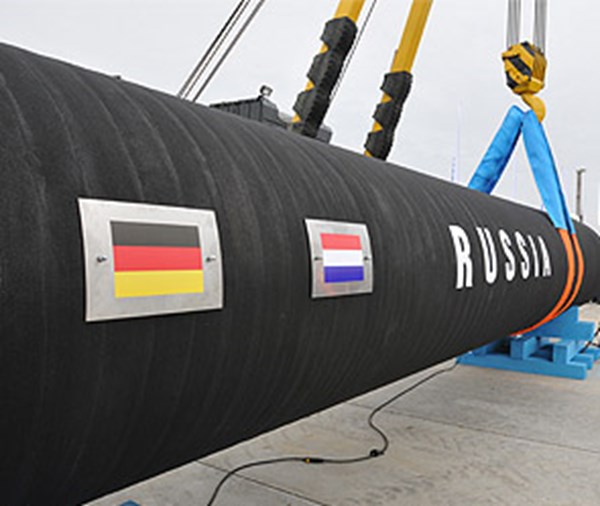US prepares to impose sanctions on Nord Stream 2 construction companies
Washington is preparing to impose sanctions on the Nord Stream 2 gas pipeline project.
According to the relevant bill, which was published on the US Senate website, sanctions will be imposed on a number of foreign construction companies that are involved in laying the pipeline on the bottom of the Baltic Sea.
The “Protecting Europe’s Energy Security Act of 2019” was authored by republican senators Ted Cruz, John Barrasso, Tom Cotton and democrat senator Jeanne Shaheen.
The senators stipulate that sanctions should be imposed on the foreign companies providing their specialized ships for the pipe-laying operations, if the pipes are laid at a depth greater than 100 feet (around 30.5 m) below sea level.
The potential sanctions include the blocking of these companies’ assets and operations in the US’s jurisdiction. The managers and primary shareholders of these companies would also be barred from entering the US. Furthermore, the US President will be authorized to impose sanctions on companies that provide insurance or reinsurance services for the ships that are laying the Nord Stream 2 pipes at the prohibited depths.
Based on the information published by the Nord Stream 2 operating company, the bill’s depths restrictions will cover more than 90% of the pipeline’s proposed route. The overwhelming majority of pipes will be laid at depths greater than 30 m (the average depth will be around 50 m). The threshold set by the senators will thus affect the majority of the pipe-laying operations.
Three companies will end up under sanctions: Swiss Allseas, Italian Saipem, and Russian MRTS. All three are providing their ships for the pipeline construction on a contractual basis.
However, Allseas will be affected more than the others: its three pipe-laying vessels are responsible for 96% of the total length of the two line pipe. The company itself said that it would prefer “not to discuss the potential effects of the proposed sanctions”.
The new bill appears to have support in the US administration. On 21 May, US Energy Secretary Rick Perry said during a visit to Kyiv that US Congress will soon present the bill to the president for signing.
